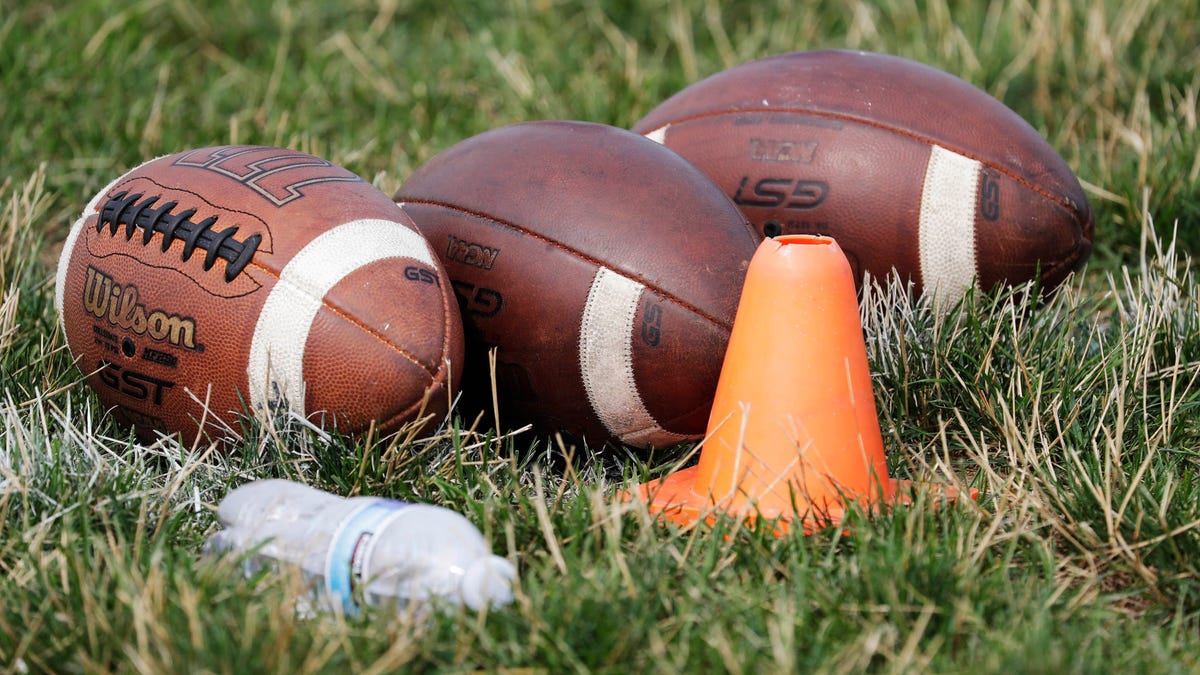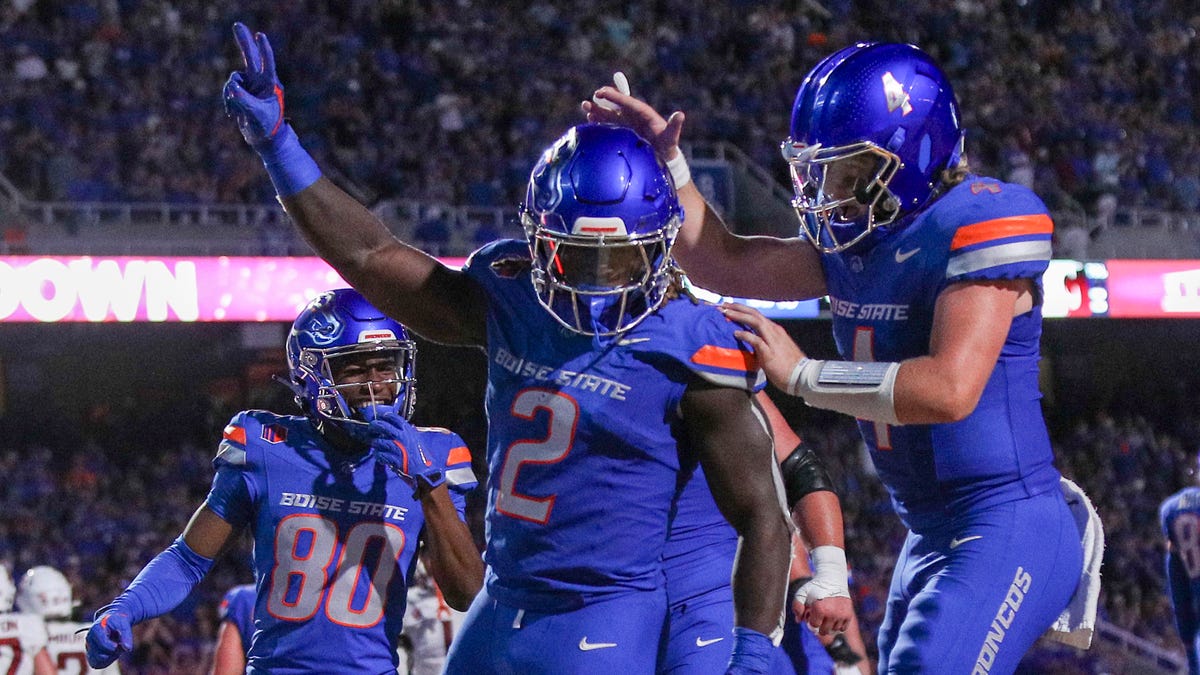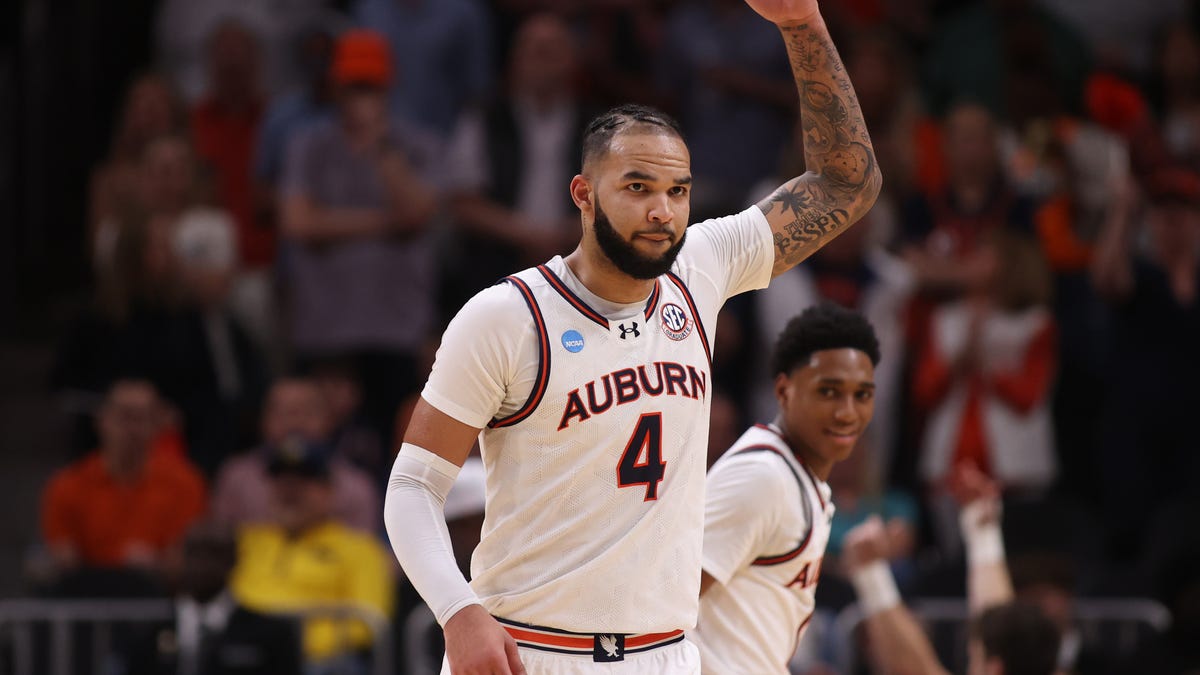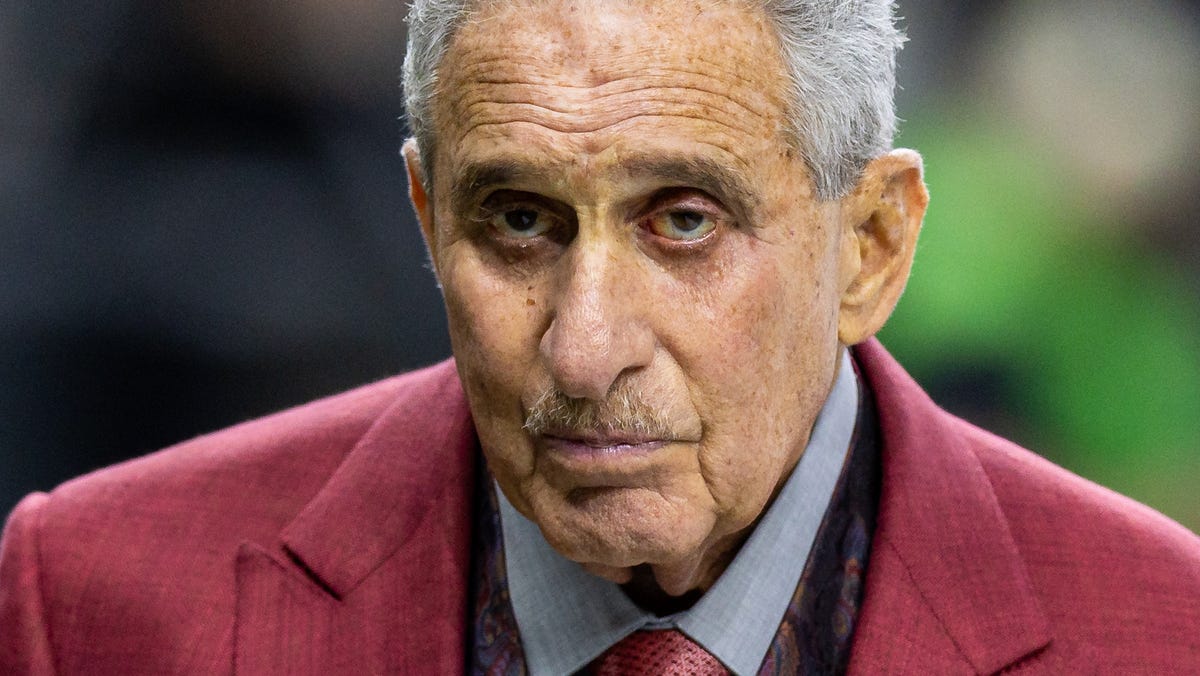The parents of a Bucknell football player who died two days after collapsing during a team practice in 2024 filed a wrongful death lawsuit on Wednesday against the university in Lewisburg, Pennsylvania, according to a copy of the complaint.
The parents of Calvin “CJ” Dickey Jr., who was an 18-year-old freshman when he died July 12, allege the university failed to take action that could have prevented their son’s death, according to the complaint filed with the Court of Common Pleas of Philadelphia County.
Dickey’s death occurred two days after his first practice as an offensive lineman with the Bucknell football team, a Division I program that competes in the Football Championship Subdivision.
The complaint characterizes Dickey’s death as “completely avoidable’’ and says he died from medical complications stemming from sickle cell trait and rhabdomyolysis.
“Rhabdomyolysis is a rare muscle injury where your muscles break down,’’ according to the Cleveland Clinic. “This is a life-threatening condition that can happen after an injury or excessive exercise without rest.’’
Studies have found that “sickle cell trait elevates the risks of exertional rhabdomyolysis and death,” according to the National Institutes of Health.
On June 28, Dickey completed the NCAA-mandated sickle cell testing, which revealed he had sickle cell trait, and his medical records were uploaded electronically to Bucknell’s medical reporting platform, according to the complaint.
Two weeks prior to Dickey reporting to Bucknell, according to the complaint, Bucknell trainer Rayna Murphy called Dickey’s mother, Nicole, “to discuss CJ’s positive sickle cell trait test. Nicole was assured that adequate precautions would be taken to accommodate this condition.”
But Bucknell did not take the necessary precautions, Dickey’s parents allege.
“The death of a student is always a tragic loss,” Bucknell University said in a statement provided to USA TODAY. “Bucknell University is aware of the lawsuit filed by the parents of CJ Dickey. While the University will not comment on pending litigation, we again extend heartfelt sympathies to CJ’s family, and we will continue to focus on our most important priority — the health and safety of all Bucknell students.”
Dickey’s parents claim the incident that led to the onset of rhabdomyolysis took place during practice and involved hazing. “Given Defendant Bucknell’s knowledge of CJ’s condition, Defendant Bucknell acted with reckless indifference to his health and safety by causing, coercing, or forcing him to participate in the initiation ritual of pointless, unnecessary yet brutal exercise routines, and by intentionally, knowingly, and recklessly promoting or facilitating the same,” the complaint states.
“On its own, and especially in light of CJ’s condition, the NCAA’s guidelines, and the standard of care followed by other universities for sickle trait athletes, the activity did not constitute reasonable or customary athletic training.’’
Dickey collapsed, according to the complaint, after some of the freshmen “messed up” and were forced by Mark Kulbis, then the stength and conditioning coach at Bucknell, to perform “up-downs.” Up-downs, also known as “burpees,” can be used as a conditioning drill.
“Students who were present at the workout have reported that CJ was clearly in distress during the 100 up-downs,’’ the complaint said. “He was falling behind the rest of the group and could not keep up. The other freshman players were cheering on CJ and trying to motivate him. The freshman players could tell that CJ was in distress but Kulbis did nothing. Instead of telling CJ to sit it out, he pushed him on.’’
Dickey eventually collapsed, according to the complaint.
Bucknell president John C. Bravman and Bucknell head football coach Dave Cecchini, who along with three athletic officials are named as defendants in the lawsuit, “were well aware of Kulbis’ practice of cruelly abusing freshman players on the first day of practice,’’ according to the complaint.
Kulbis no longer is employed by Bucknell, according to the complaint. His LinkedIn page indicates he stopped working at the university in January. Jermaine Truax, who was the school’s vice president and director of athletics and recreation at the time of Dickey’s death and is a defendant, was fired March 13, according to the complaint. Truax is not listed on the school’s athletic staff directory.
Asked why Kulbis and Truax no longer work at the school, Bucknell director of media relations, Mike Ferlazzo, told USA TODAY, “We don’t comment on personnel matters.”
Tim Pavlechko, who is listed as interim vice president and director of athletics and recreation, was deputy director of athletics at the time of Dickey’s death and is a defendant. Cecchini, who has been Buckell’s head football coach since 2019, also is a defendant. He remains the team’s head coach.
The complaint states that about two hours after collapsing at the July 10 practice, Dickey was being treated at Evangelical Community Hospital in Lewisburg.
His condition rapidly worsened.
Two days later, after Dickey had emergency surgery, he was revived multiple times as his condition grew more dire, according to the complaint, which said his parents ultimately “made the most difficult decision of their lives. They told the doctors to stop trying to resuscitate CJ and let him go back to God in peace.’’
The parents allege the university provided no information concerning how Dickey died but say in the complaint it could have been prevented. The complaint cites an NCAA-published document about sickle cell trait in which coaches are warned that athletes with the genetic condition “can begin to experience symptoms after only 1-3 minutes of sprinting, or in any other full exertion or sustained effort, thus quickly increasing the risk of complications.”
“In short, Defendant Bucknell’s coaching and training staff had CJ’s medical records and ultimately cleared him to play,” the complaint further states. “They were well aware CJ carried the sickle cell trait and knew that it could lead to life-threatening outcomes if widely known and well-established protocols were not implemented for him.’’










